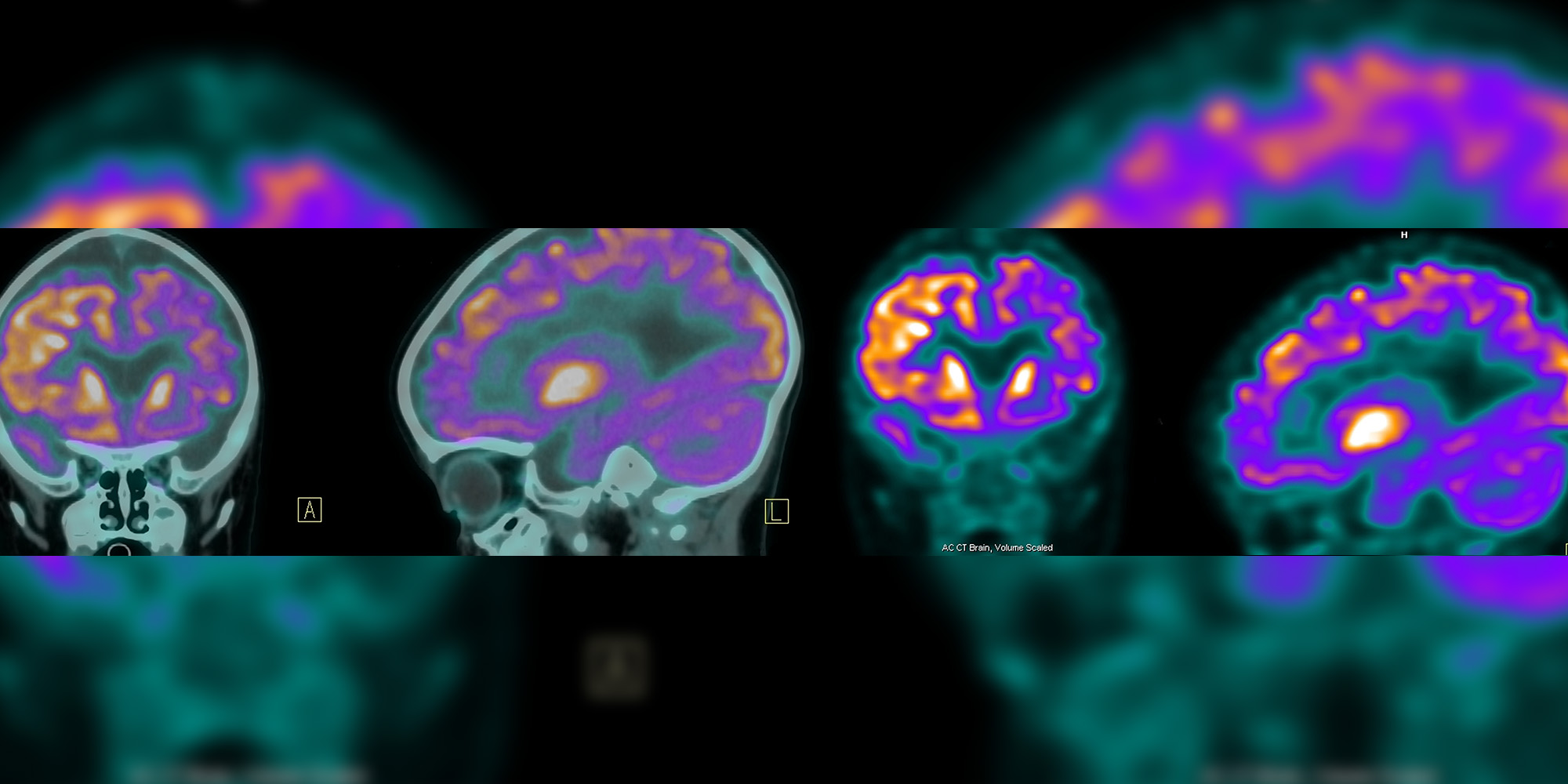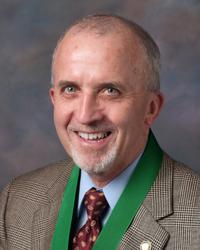How to Protect Yourself and Your Family from Stroke
May 24, 2016
Categories: Stroke, Neurology & Neurosurgery
Stroke is the leading cause of disability and the fifth-leading cause of death in the United States.
Yet, it is largely treatable if help is reached in time, and it is highly preventable.
A stroke is not a cerebrovascular accident. It is an event that occurs because of a variety of individual risks, many of which can be controlled.
In addition, a stroke can be treated or stopped through the use of clot-busting drugs and medical devices. But every second counts.
By teaching the warning signs of stroke, such as through the abbreviation F.A.S.T., we have raised awareness of stroke symptoms and the need for immediate treatment.
Unfortunately, it remains common for time to be lost and treatment to be delayed needlessly.
One reason is that stroke symptoms may not seem serious and may not last long. When someone has a heart attack, pain is a major symptom, it is easily recognized as serious, and it is treated urgently.
During a “brain attack,” the symptoms may not seem serious, may not last long and may be attributed to something other than stroke. Some stroke sufferers will go to bed to try to feel better. However, if you do not seek help immediately, you are wasting precious time, and we know that time is brain.
Even the symptoms of a transient ischemic attack (TIA), or mini-stroke, must be taken seriously and responded to quickly.
A TIA is a warning and a forerunner to stroke so, even if the symptoms have resolved, you need to call 911. Education about stroke is the key to reducing its devastating effects. Even children need to learn to recognize stroke. They could recognize it in a grandparent or caregiver.
Not only is stroke treatable when care is reached in time, it can be prevented. Of course, not all risk factors can be changed, such as age, genetic makeup or a family history of hardening of the arteries, stroke or heart attack.
However, there is a lot we can do. Several major risk factors are treatable and controllable. Your primary care physician will know your risks and can help you address and reduce them.
High blood pressure is a leading cause of stroke and a risk factor for the two most common types:
- Ischemic stroke, which is caused by narrowed or clogged blood vessels in the brain that cut off the blood flow to brain cells. More than 80 percent of strokes are ischemic.
- Hemorrhagic stroke, also called a brain hemorrhage or “brain bleed,” which occurs when a blood vessel ruptures in or near the brain.
High blood pressure can be eliminated or controlled through diet and medication. Other risks that can be prevented or treated include:
- Atrial fibrillation (aFib), a heart condition that is a very common cause of stroke, but also very treatable
- Diabetes, which is known to increase the possibility of stroke
- Excessive alcohol consumption
- Obesity
- Sedentary lifestyle and lack of exercise
- Smoking
- Snoring/sleep apnea, a less common but relevant contributor
- Substance abuse
- Unhealthy cholesterol/lipid levels, including high triglyceride and/or high HDL (bad) cholesterol and low LDL (good) cholesterol, all of which can be controlled or normalized with diet and medication
Stroke carries a high morbidity and mortality, and it is devastating not only to the patient but to a patient’s family.
In the same way that you know your age, home address, cell phone number and Social Security number, you should know your blood pressure, your cholesterol levels and whether you have diabetes.
You need to do whatever you can to reduce your risks. The best treatment remains prevention.
José Biller, MD, is an internationally renowned stroke specialist, chair of the department of neurology and a neurologist and medical director of Loyola University Medical Center's Stroke Center. His clinical interests include aneurysm, brain hemorrhage, CADASIL syndrome, carotid atherosclerosis, carotid blockage, carotid stenosis, intracranial occlusive disease, stroke, telehealth and transient ischemic attack (TIA).
Dr. Biller earned his medical degree at the University of the Republic School of Medicine, Uruguay. He completed a residency in neurology at the Henry Ford Hospital, Loyola University Medical Center and Hines VA Medical Center and a fellowship in cerebrovascular research at the Bowman Gray School of Medicine at Wake Forest University.
Book an appointment today to see Dr. Biller or any of Loyola's expert neurologists by self-scheduling an in-person or virtual appointment using myLoyola.
Loyola’s Stroke Center has been accredited by The Joint Commission as an Advanced Primary Stroke Center. The center has also have been recognized by the American Stroke Association with its Get with the Guidelines® – Stroke Gold Plus Quality Achievement Award for our commitment and success in implementing a higher standard of stroke care through a comprehensive system for rapid stroke diagnosis, treatment and rehabilitation.

 By
By